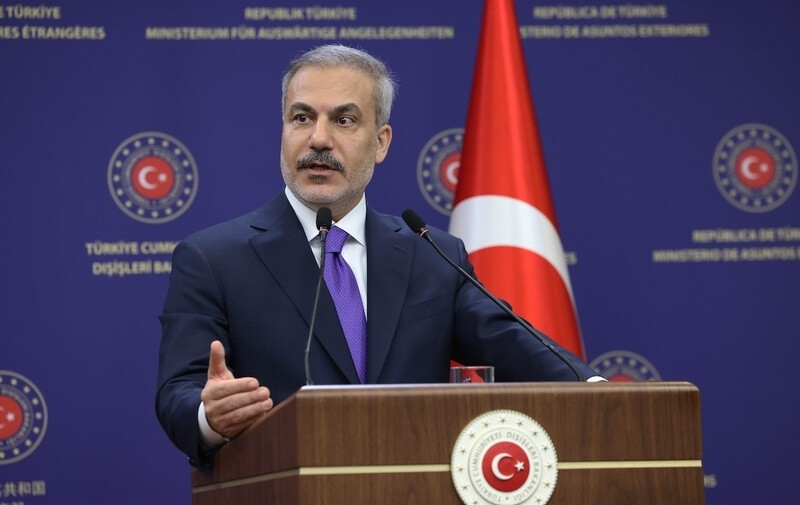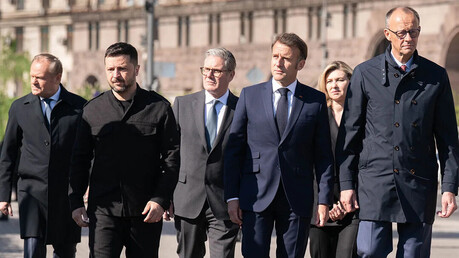
In a significant escalation of its stance against Israeli military actions in Gaza, Turkey has announced a complete cessation of trade and has imposed sweeping restrictions on Israeli air and sea traffic. This move, detailed by Turkish Foreign Minister Hakan Fidan on the 29th, marks a pivotal moment in the bilateral relationship, which has been under severe strain since the conflict in Gaza began.
The decision goes beyond previous measures, including the halt of direct trade last May. Fidan’s announcement confirmed that Turkey will no longer allow Israeli government or military-grade aircraft to use its airspace, effectively creating a no-fly zone for these specific flights. Furthermore, a crucial element of the new policy is the closure of Turkish ports to maritime trade between third countries and Israel, a measure that could have profound economic implications for both nations and the wider region.
The economic fallout is expected to be substantial. The trade volume between Turkey and Israel was a robust $7 billion in 2023, and while direct trade was previously paused, the new restrictions on third-party shipping and aviation will further cripple commercial ties. This bold step demonstrates Turkey’s commitment to its strong condemnation of Israel’s actions, which it has consistently labeled as “genocide.”
Analysts are interpreting this decision as more than just a reaction to the Gaza conflict. Al Jazeera suggested the move is part of a broader strategic reorientation by Ankara, which appears to be seeking stronger alliances with the “Global South” in a geopolitical landscape where traditional Western powers, particularly the U.S. and the EU, have been perceived as offering one-sided support to Israel. This shift signals Turkey’s ambition to establish itself as a key leader among non-Western nations, challenging the established power dynamics in the Middle East and beyond.
The new measures are not without precedent. As noted by the Associated Press, Turkish authorities had already signaled their frustration last November by denying an Israeli presidential flight entry into its airspace. This earlier incident, now followed by a comprehensive ban, highlights a long-term pattern of deepening diplomatic frostiness. The current move, however, represents a formal and comprehensive break, signaling to the world that Turkey is willing to bear economic costs to align its foreign policy with its principles regarding the Gaza conflict. The international community is now watching closely to see what ripple effects these sanctions will have on regional stability and trade routes.
[Copyright (c) Global Economic Times. All Rights Reserved.]






























